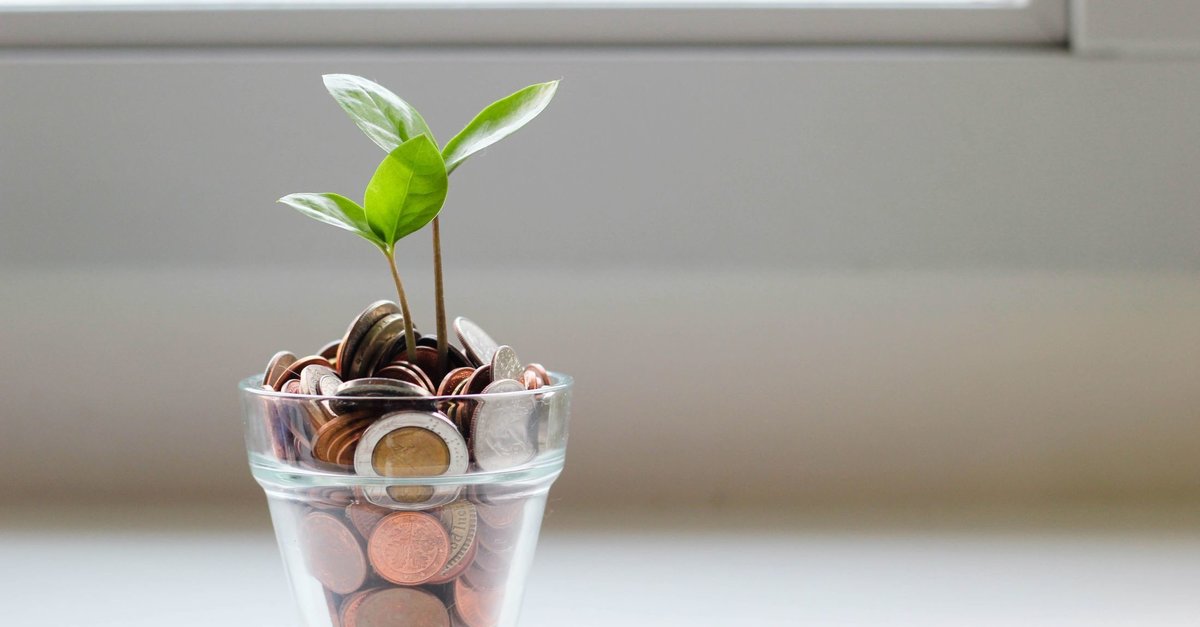This is how you deal with the crisis at work
I want to throw a glass on the wall, but that’s not the right thing to do. I want to run through the park until I’m pumped out, but because I’ve just gotten through a virus disease, I’m not allowed to. I want to shove someone in a puddle, but well, civilized society and stuff. Damn.
Working concentrated is difficult these days. We monitor the news situation, the corona numbers, the chats of our friends, parents, daycare groups and school classes. Some will have to tremble for a long time about vaccination appointments because the vaccination centers are just starting up again, while other people do not cancel their appointments even though they have already been vaccinated. News everywhere. And all of them are bad. It seems like a good time to lose my nerve.
Actually, you don’t do that. One behaves. You pull yourself together, look around professionally and ask how the weekend was like, yes, everything’s good, thank you, sounds great, so let’s talk about the quarterly figures and hey, Isabell, I need yours by 3 p.m. Article, how is the stand there?
Contents
The voices in my head ignore my office hours
And I don’t know what you are doing, but during such conversations I think about when the first off-label vaccinations for three-year-olds will be available and how in the world I should decide, because between studies and approval a lot of time will certainly pass again. Or is it already too late for us then? No idea. I am thinking that we should no longer talk about incidences in children, but have long since arrived at percentages. In a video call I tell something about schedules and prepress and a voice in my head mumbles: If your phone rings now, then the pandemic has reached your family. AND THE FUSILLI ARE ALL. Intuition sounds so nice, but I’ll tell you: Inner voices are lacking in every discipline.
The voices in my head ignore my office hours. They don’t believe in quiet work. They want to read the news, they want to briefly ask everyone how they are and they insist that we have to buy pasta and canned tomatoes and toilet paper, just in case you know.
The voices in my head aren’t crazy either. You are absolutely right. I haven’t finished writing this text yet, because I’ll find out about the next Corona case in the immediate vicinity. Emotional environment, not spatial environment, at least that.
As the subheading says: I can’t work like this. And you out there, you can’t work like that either, calmly admit it to yourself. Blessed are these wonderful times when a project draws us so deeply that the brain cannot slip in between its worries. Blessed and rare, because when does it work? Wait a second, I have to take a quick look at Twitter.
As I said, it’s time to go nuts. It is the appropriate emotional state, the overall situation justifies it and I hereby officially permit you. The time in which we keep emotions away from the workplace has run out. Fears don’t go away if you ignore them. Professional behavior does not lead to productivity when directed.
What really helps and why it helps:
We can probably all assume that there are no longer any people who do not feel annoyed, angry or worried at least at times. We all have to do our work anyway. One of the methods of New Work is to give room to current topics; this procedure is called check-in. To do this, you can ask at the beginning of a meeting what is moving those present at the moment. Or you can meet up with trusted colleagues.
I wouldn’t recommend throwing glasses on the wall. But to talk about how you would like to do it: Why not? Self-control is one of the core features of professionalism in the workplace, it serves as social cement (and lowers procurement costs in the office kitchen department). But once the feelings are there, they have to go somewhere. After work you can go jogging or put a mattress against the wall and box against it. You should too, because exercise helps the body break down stress hormones – short-term and long-term.
But until the end of the day, it makes more sense to talk about what you would like to do. This also applies to intense feelings. Even if they are not socially accepted. Everyone else feels the same way. Not every team culture gives that – but a well-measured openness could change that. If you work solo: Find the people with whom you can create such a culture.
A really big nerve factor in this pandemic are people who are emotionally ticking differently than you are. When I’m feeling armed, I don’t want to hear about someone else cursing politics. When I’m concerned, I don’t care how well others are doing. It’s not pretty, but it is.
We get along better with each other if we give the different points of view their space. So maybe your colleague is concerned with the question of how she decides in her partnership who is allowed to drive to the place of work and who is allowed to use public transport, and you don’t really care. But you don’t have to take the worry with you. Listening and nodding is sometimes enough. By listening, you do more good for the other than you burden yourself.
Fear makes you unproductive. Anger is distracting. But if you channel those feelings properly, you can at least use them to do the job. Intense feelings can be a burden – but they can also give energy.
In times of strong emotions, there is sometimes a good structure that helps many people do what they need to do. There are no secret magic tricks for productivity under uncertainty, we wouldn’t have a nerve to learn any anyway. So here, do it this way: Clarify what you have to do in a day or in a week. Consider how long it will take to leave messages and other distractions aside. Then do it. Ideally, the focused work gives you these beautiful, fear-free hours every now and then. That may be enough for the moment.


